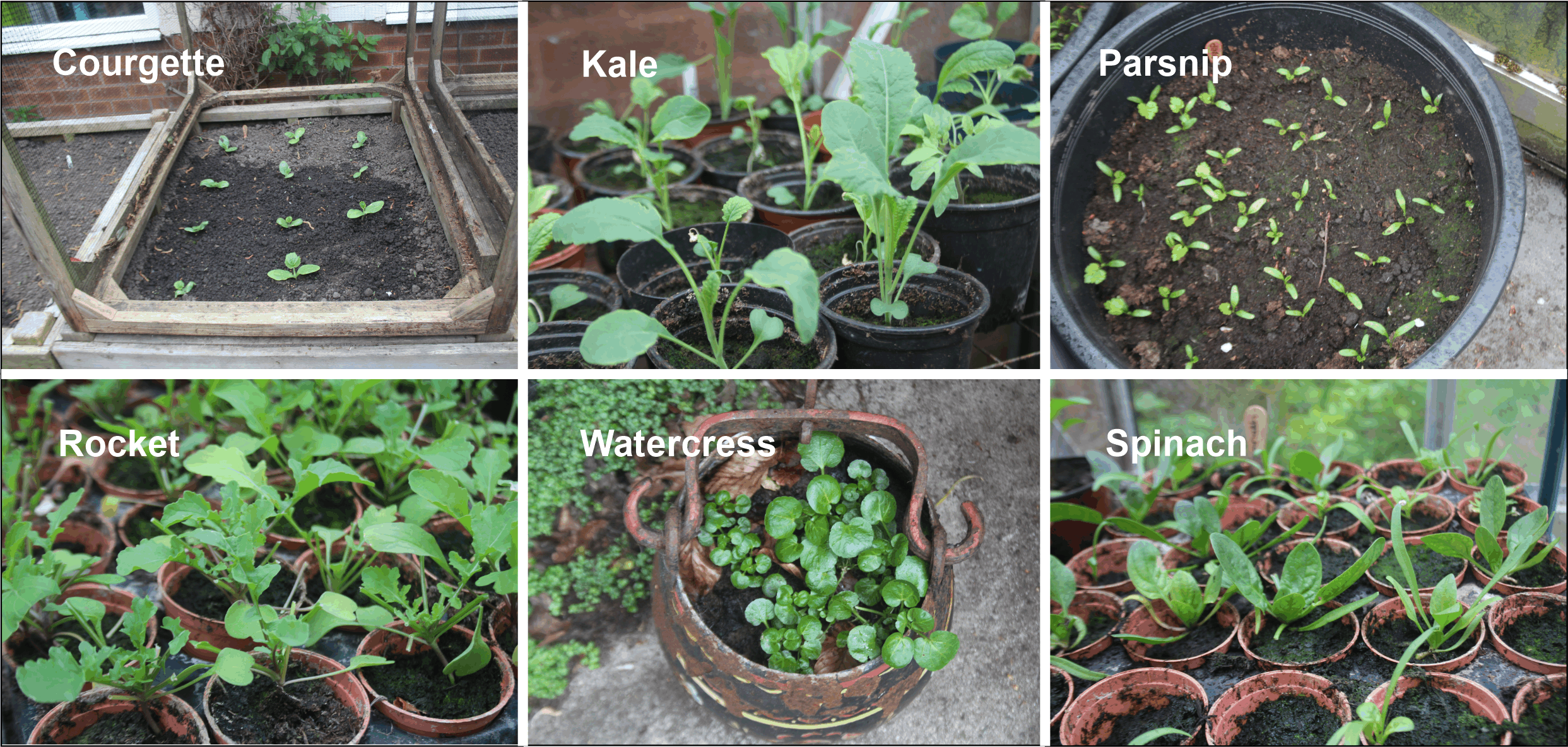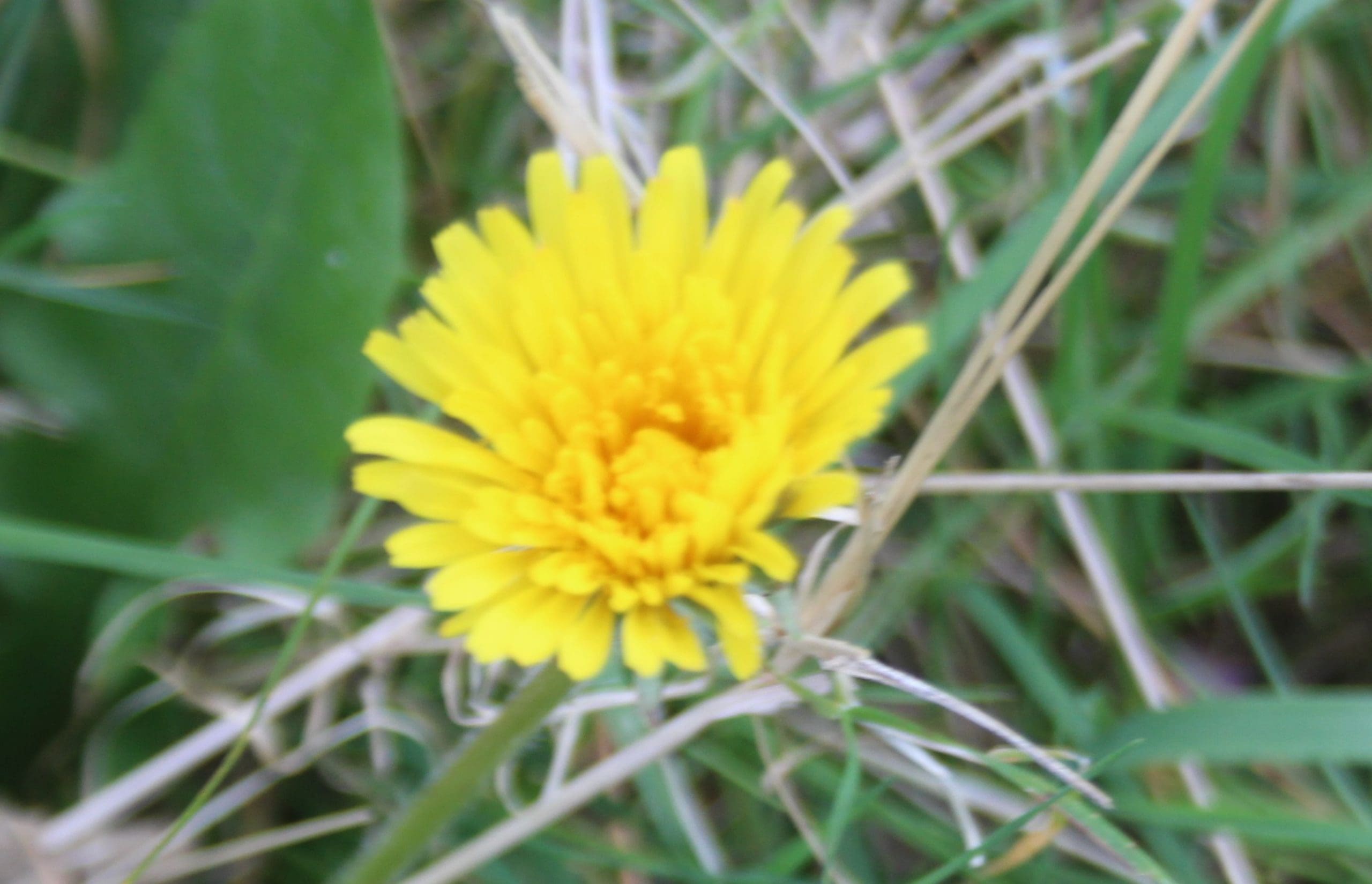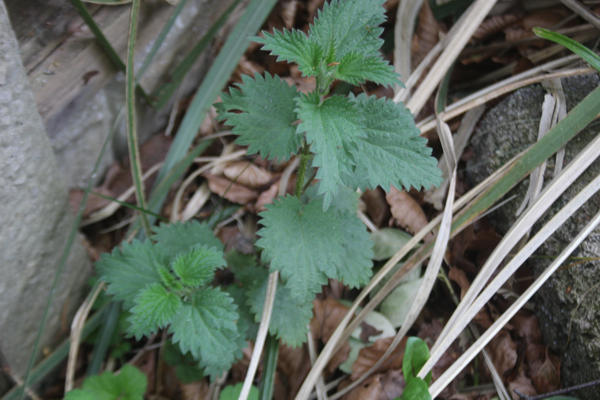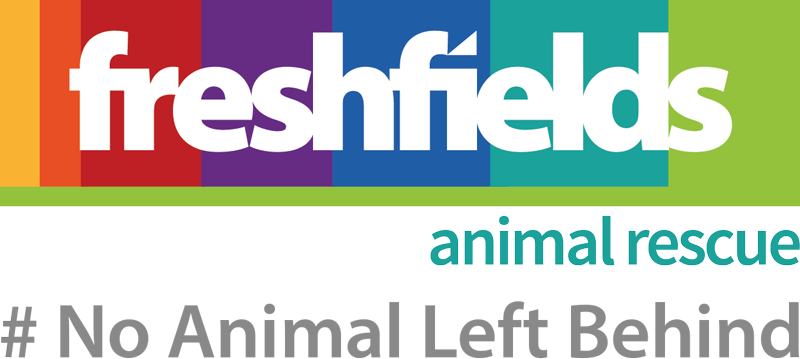Anyone can grow vegetables for their rabbits. You don’t necessarily need a garden as plants can be successfully grown in pots, balconies or on a sunny windowsill.
If you don’t have a garden, herbs, radish and rocket can easily be grown in small pots on a sunny windowsill, just remember to keep turning the plants as they will lean towards the light. All that’s needed are pots, good quality seeds and good quality compost.
Larger plants can also be grown indoors using large pots and trugs.
Why grow your own?
If you’ve never tasted home grown vegetables, you will be surprised at how different they taste from store bought. They are bursting with flavour, are far sweeter and simply scream fresh.
You will also save money and help the environment by reducing plastic waste. The produce will be organic, therefore healthier for your pets, and the exercise and fresh air will work wonders for your physical and mental health.

Where to start
Rather than buy new gardening tools, check out car boot sales or auctions.
Think carefully about where your vegetables and herbs will be growing. Look for a sunny location as most vegetables roughly need about six hours of sunlight.
Check the soil, if it’s rock hard, work it until it’s loose, ensuring good drainage. If it’s sandy, enrich it with topsoil or good quality compost or horse manure. Water should never collect on the top of the soil or drain away too quickly.
Make sure your plants will be growing in a stable environment that doesn’t flood, or get too hot, also think about exposed areas where strong winds could damage plants.
Most herbs grow like weeds, they like poor soil, and loathe over-watering.
How much space do you need
Brassicas, ie, cabbages, cauliflower and broccoli are all large plants and take up a lot of room. They also require covering as they will be eaten by cabbage white butterfly caterpillars and devoured by pigeons. If you have limited space, kale is a good brassica to grow as it doesn’t take up as much room as other brassicas. Remember to cover them, any type of mesh will do, as long as it keeps the butterflies out.
Safe vegetables to grow for rabbits
Asparagus, kale, broccoli, sprouts , parsnips, red and green cabbage, radish, cauliflower leaves and stalks, celery, rocket, salad peppers, cucumber, spinach, turnips and watercress.
Safe herbs to grow for rabbits
Dill, basil, coriander, mint, parsley, oregano, sage, thyme and lavender.
Garden Weeds
Rabbits enjoy dandelions and dried nettles. Only feed these to your pet if you are absolutely certain of identification.


It’s absolutely vital that your rabbits are vaccinated if you intend to forage for them! Feeding foraged foods could prove a source of VHD (1 & 2) or myxomatosis and cause the death of an un-vaccinated rabbit!
Unsafe vegetables and fruit
Lettuce and many fruits, especially apple cause loose stools in rabbits and have little nutritional value.
It’s also advisable to avoid carrots or only offer occasionally as they contain a lot of sugar.
Always avoid potatoes, rhubarb leaves, and tomato leaves.
And Finally…
- Always follow the instructions on the back of all seed packets/labels. Don’t try to plant out seedlings too early or cram plants to close together.
- After picking vegetables, wash thoroughly as they may have been exposed to chemicals or animal urine.
- Always introduce new plants in small amounts to allow their digestive systems to adapt.
- Rabbits need their own size in hay each day, a handful of suitable greens and a tablespoon of nuggets.
